Creativity is a force that powers innovation, problem-solving, and the arts. Whether it's in our work, our hobbies, or our daily interactions, our creative faculties play a vital role. But have you ever paused to consider the profound relationship between your sleep and creativity? This connection might be more significant than many realize.
The Impact of REM Sleep on Creativity

Diving into the intricacies, during our REM (Rapid Eye Movement) sleep, our brain becomes particularly active. Robert Stickgold's research shines a light on how the brain processes and organizes information in this phase. A well-rested mind doesn't just rejuvenate physically but gets primed for creative problem-solving. The ability to weave together unrelated pieces of information is termed cognitive flexibility. Simply put, when your brain has had its rest, it's more adept at connecting the dots in unconventional ways, a cornerstone of creativity.
Historical records and anecdotes provide fascinating insights into the sleep habits of renowned creatives. From artists to scientists, many have sworn by the power of rest to boost their creativity. And it's not just about the famous figures. Experimental studies show even everyday individuals can solve puzzles with a more creative flair after a full night's sleep.
Best Sleep Routine for a Creative Boost

Creativity isn't just the realm of artists and writers. Every day, we engage in creative thinking. Whether we're making decisions, problem-solving, or even just interacting with others, our cognitive capabilities are at play. Research indicates that consistent quality sleep significantly enhances decision-making and critical thinking. Additionally, a good night’s sleep is linked with a positive mood, fostering an environment where one can think more openly and creatively.
Harnessing the power of sleep for our creative faculties might require some changes in our routines. Simple practices such as maintaining a consistent sleep schedule, curating a conducive environment for sleep, or even indulging in short naps can boost our creativity. However, it's also crucial to understand the substances we consume. Excessive caffeine, while a beloved stimulant for many, can hinder the quality of our sleep.
Yet, as with most things, there's a flip side. Sleep deprivation doesn't just lead to physical tiredness; it can stymie our creative processes. Cognitive impairments and a reduced ability to think "outside the box" are just some of the effects of a lack of rest. Long-term sleep deprivation might even have lasting impacts on our brain's ability to harness its creative powers.
Give Your Brain the Rest It Deserves
Quality sleep is more than just a mechanism to rest our bodies; it’s a catalyst for our brain's creative prowess. So, the next time you find yourself stuck in a creative rut, remember that the answer might just lie in giving your brain the rest it so richly deserves. For those eager to explore more sleep and its myriad benefits, our platform offers extensive resources and tools designed to help you achieve that perfect rest.
Footnotes
- Stickgold, R. (2005). Sleep-dependent memory consolidation. Nature, 437(7063), 1272-1278.
- Cai, D. J., Mednick, S. A., Harrison, E. M., Kanady, J. C., & Mednick, S. C. (2009). REM, not incubation, improves creativity by priming associative networks. Proceedings of the National Academy of Sciences, 106(25), 10130-10134.
- Sarah Green Carmichael. (2015). The Creative Benefits of Good Sleep. Harvard Business Review.
- Wagner, U., Gais, S., Haider, H., Verleger, R., & Born, J. (2004). Sleep inspires insight. Nature, 427(6972), 352-355.
- Killgore, W. D. S. (2010). Effects of sleep deprivation on cognition. Progress in brain research, 185, 105-129.
- Walker, M. P. (2017). Why we sleep: Unlocking the power of sleep and dreams. Simon and Schuster.
- Goel, N., Rao, H., Durmer, J. S., & Dinges, D. F. (2009). Neurocognitive consequences of sleep deprivation. Seminars in neurology, 29(04), 320-339.



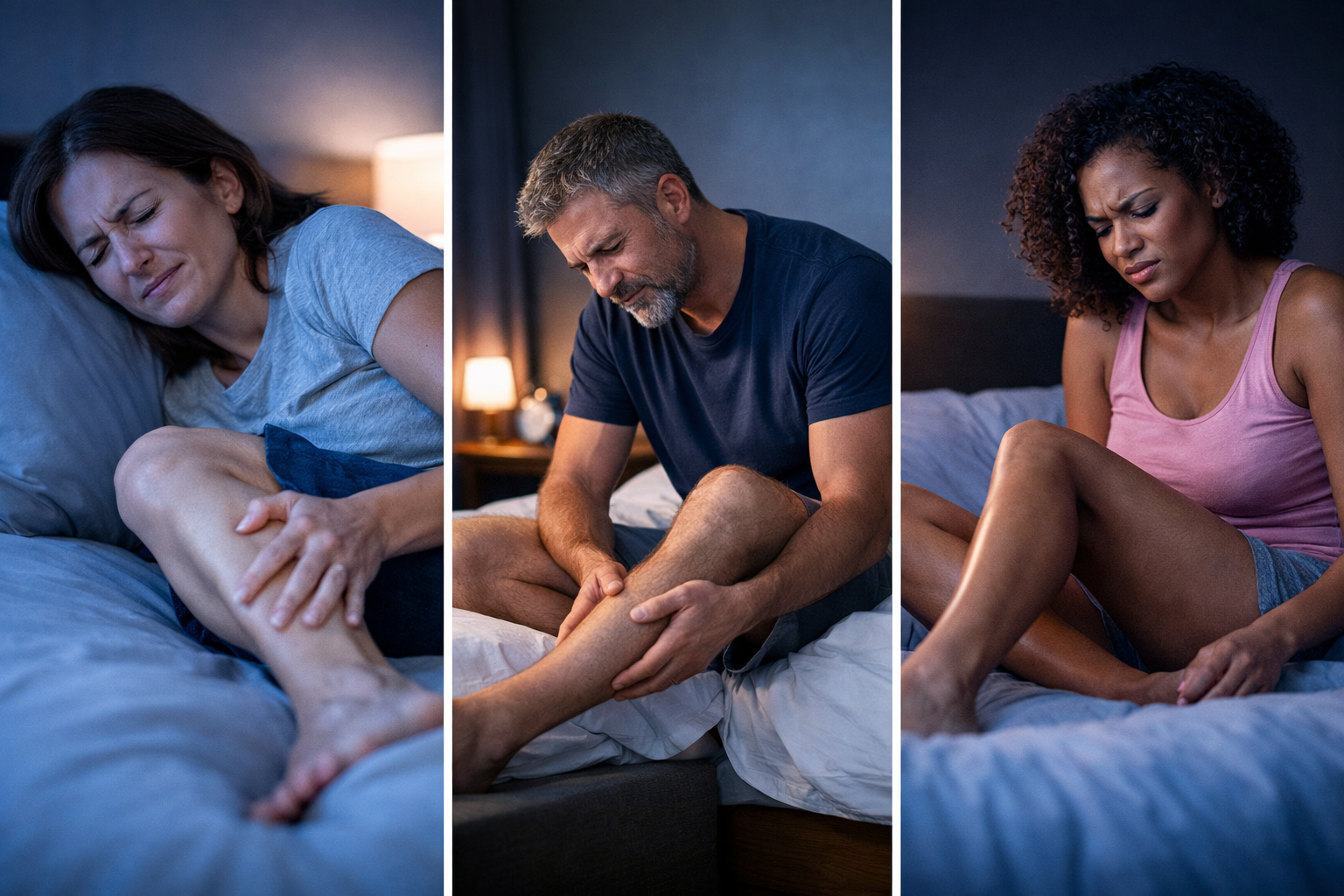
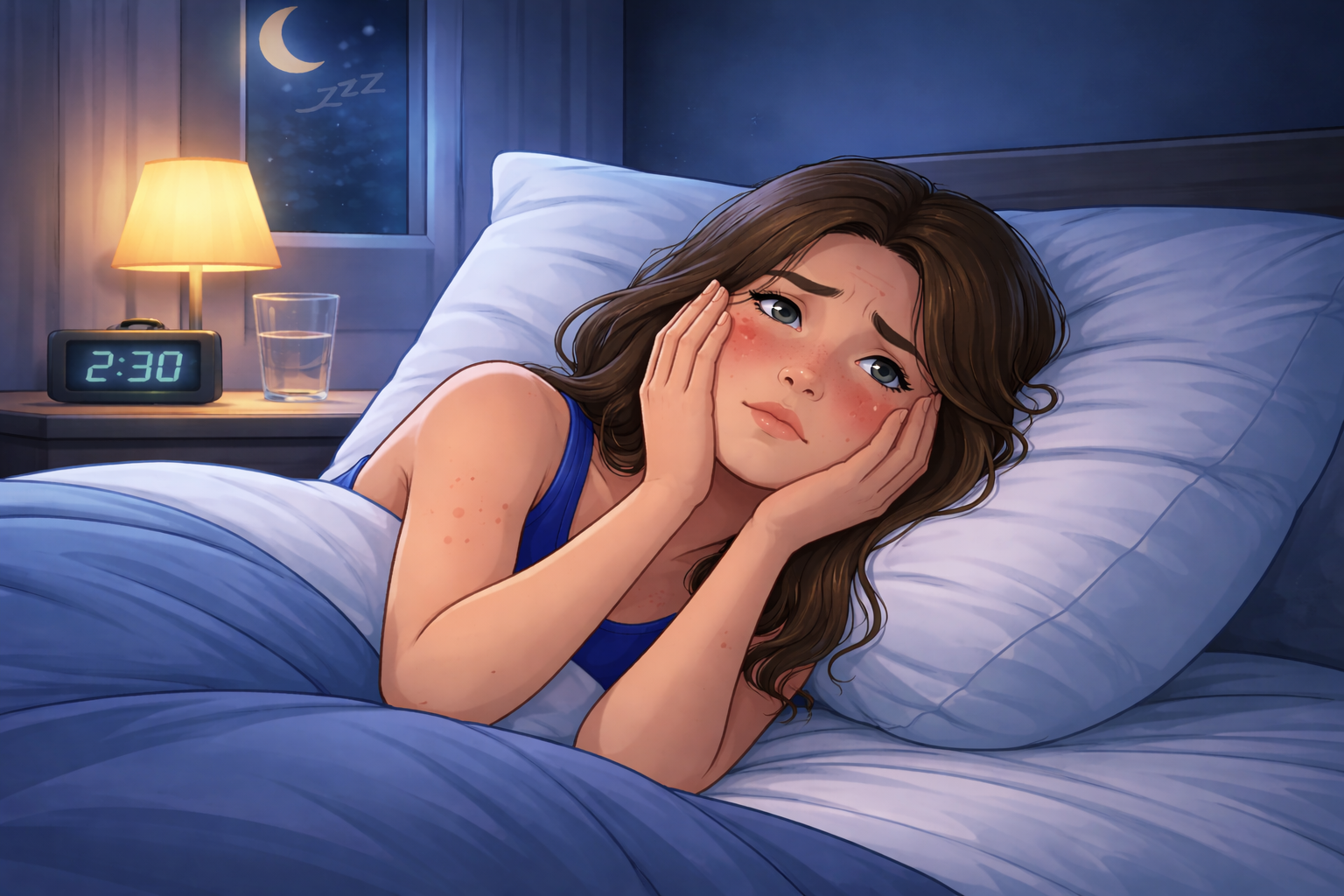
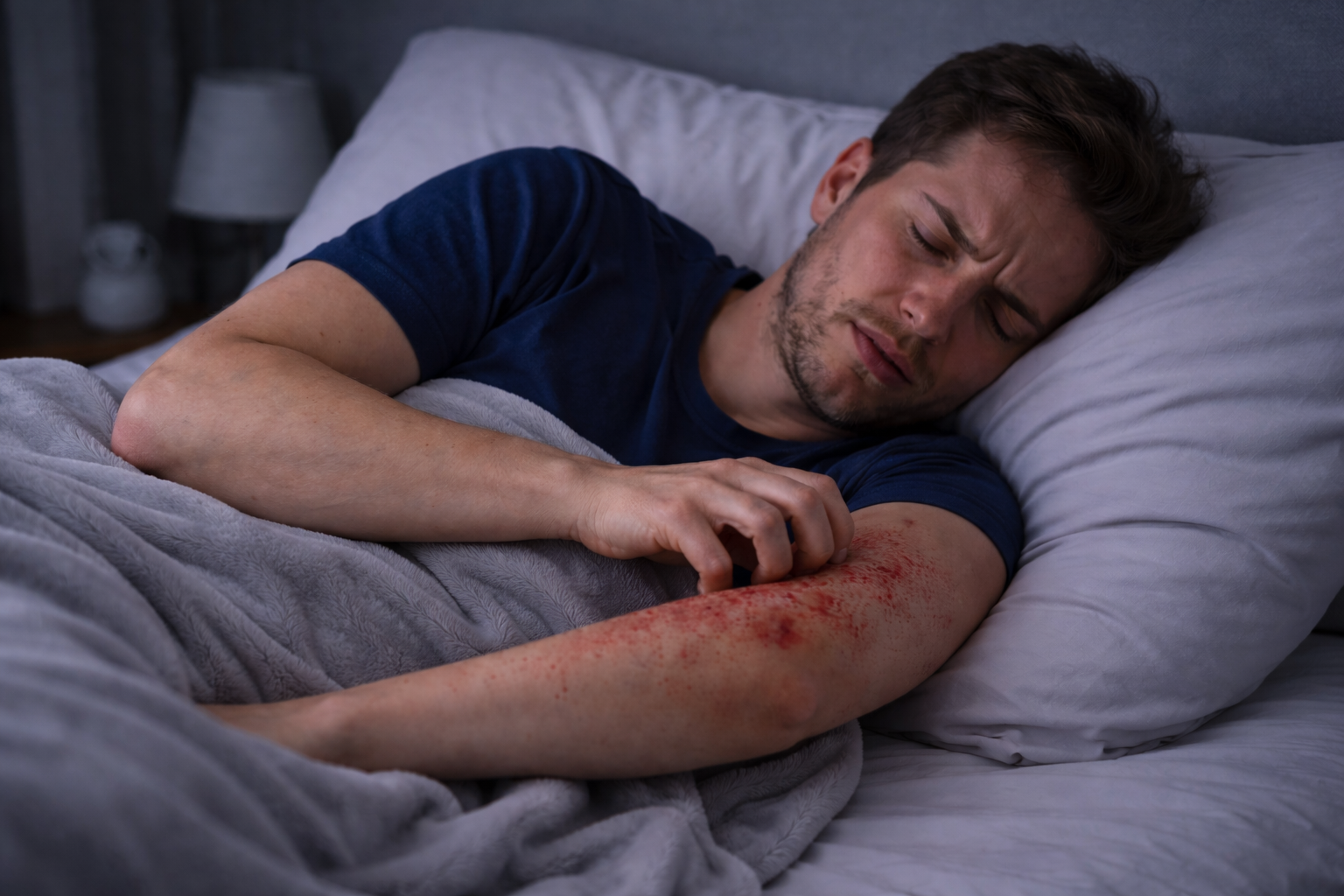

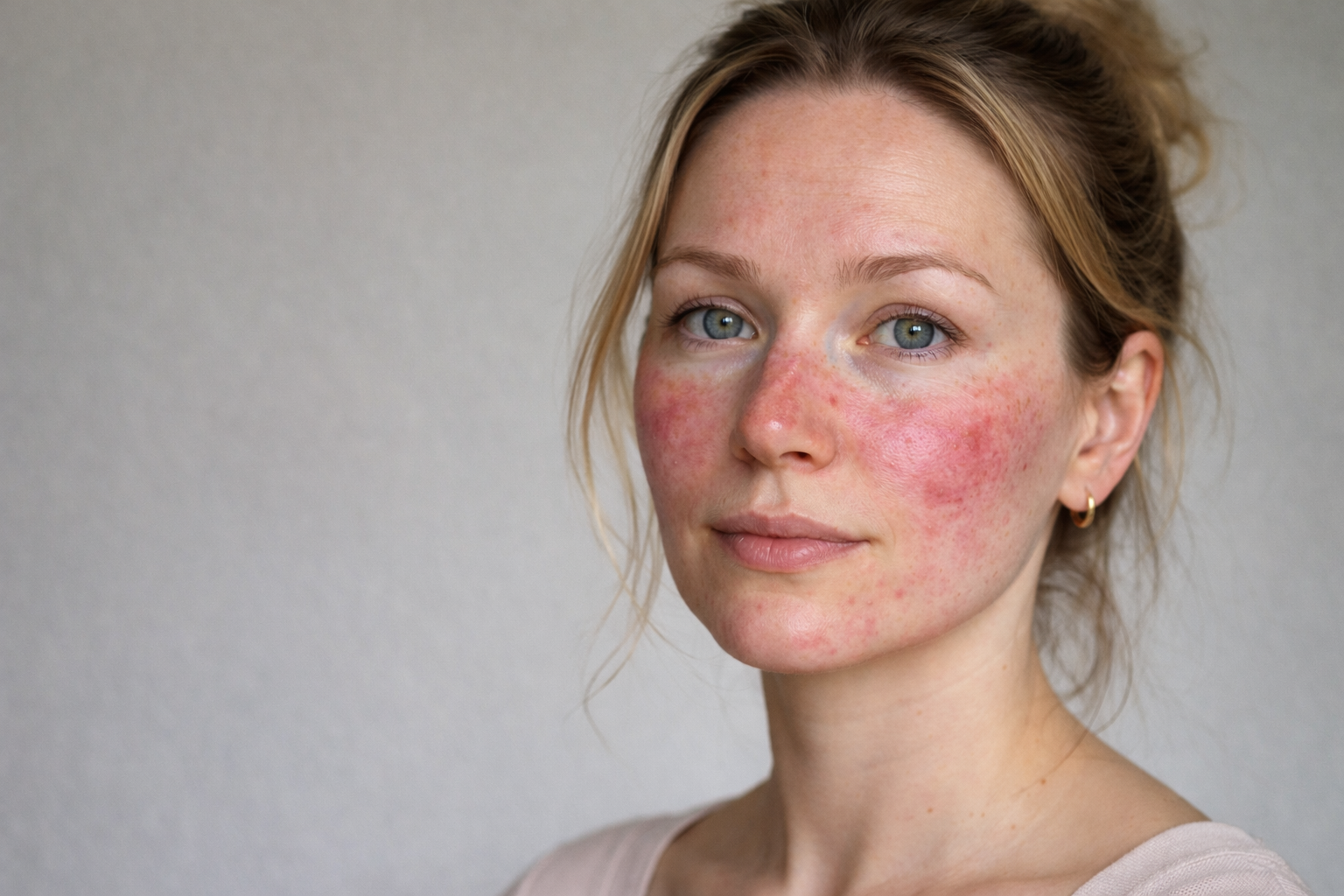

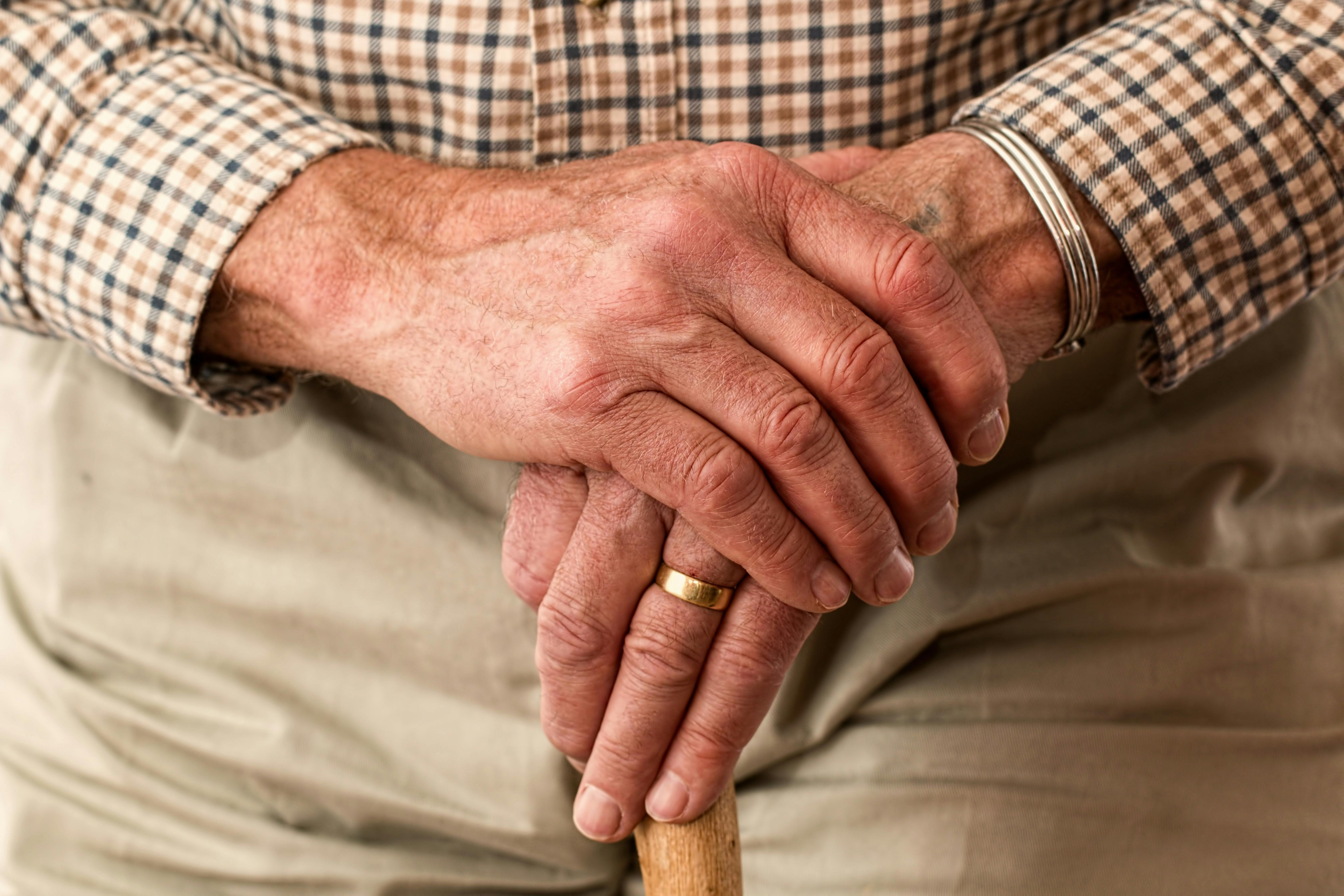
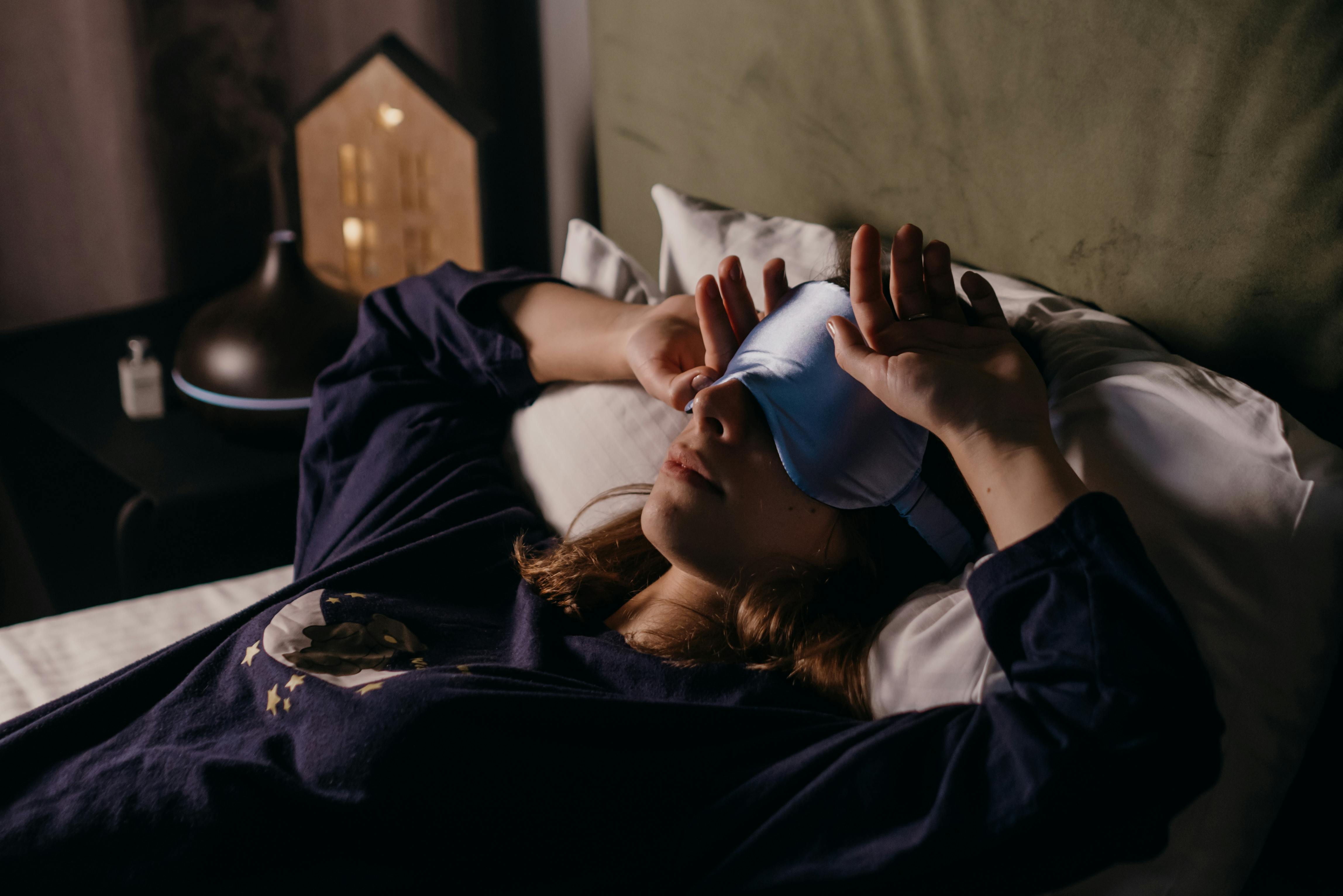

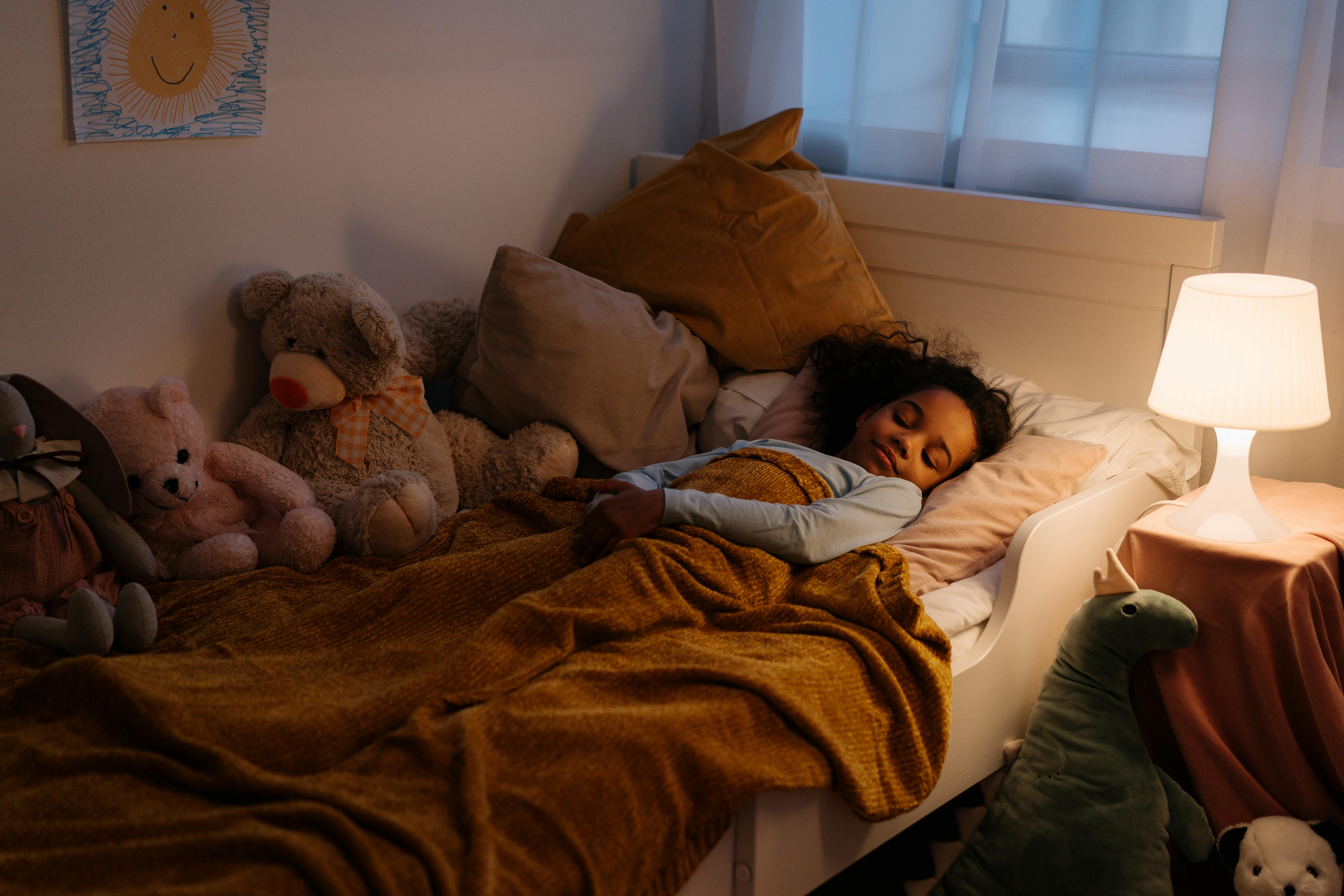
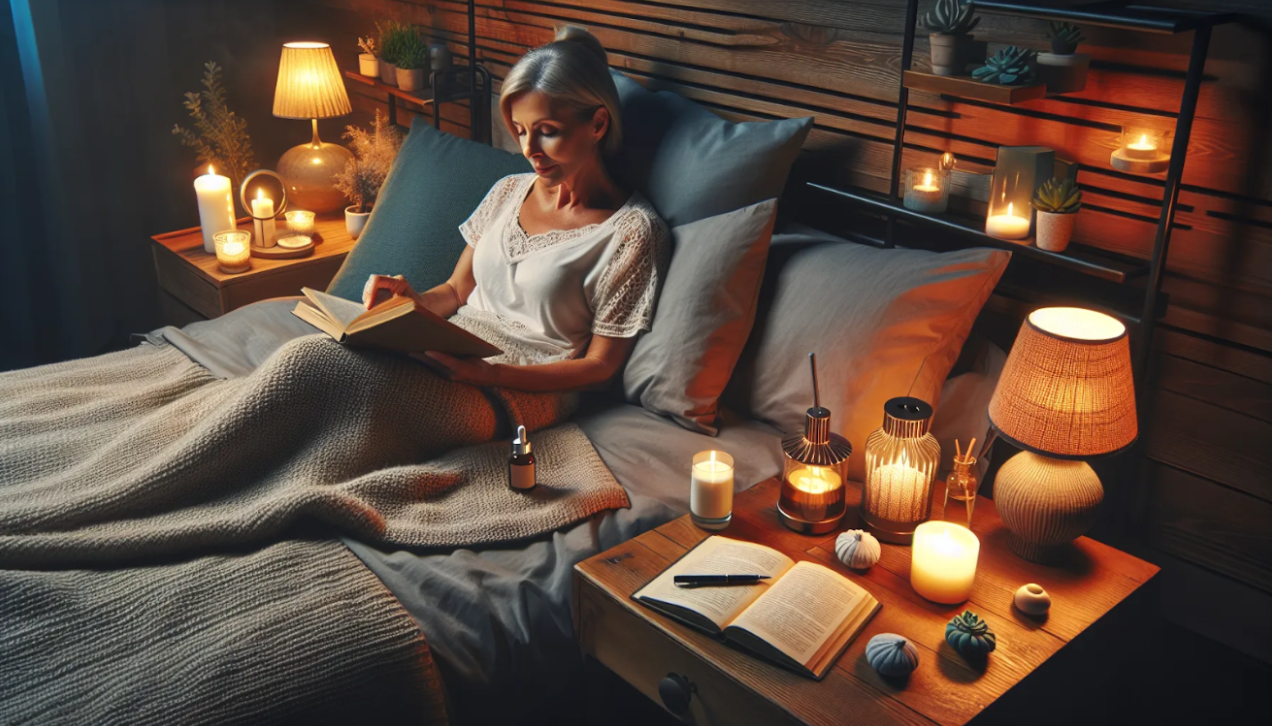
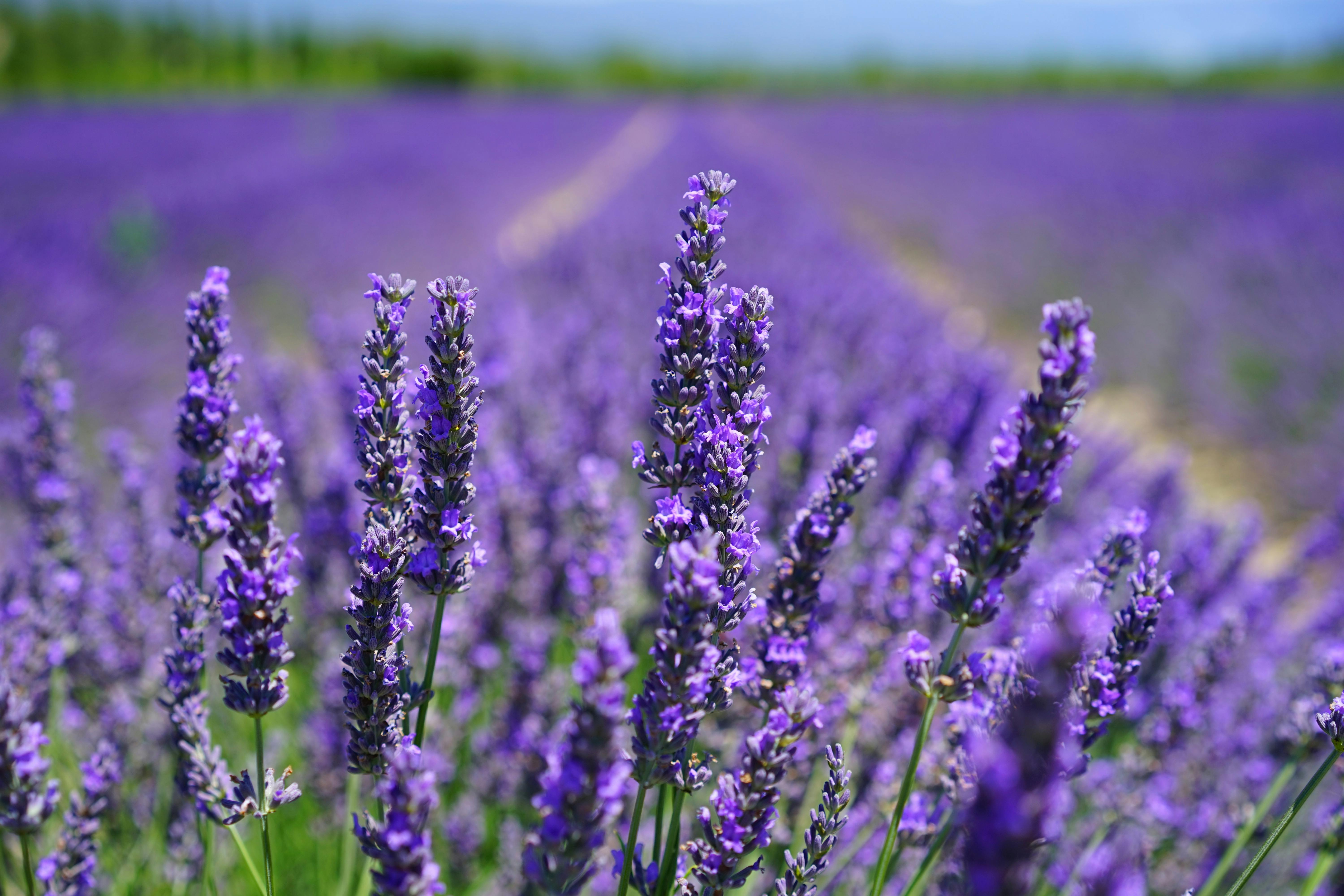
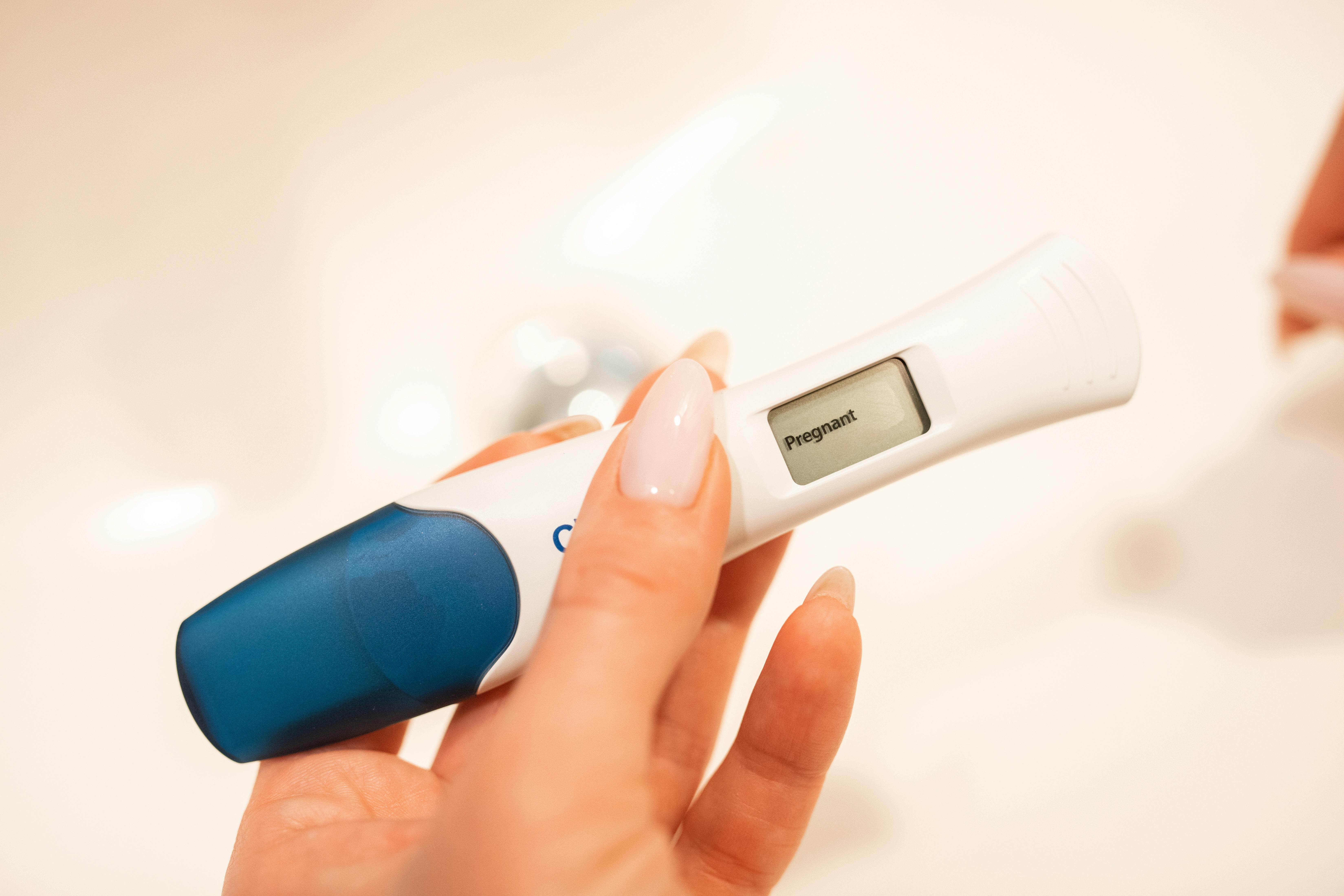
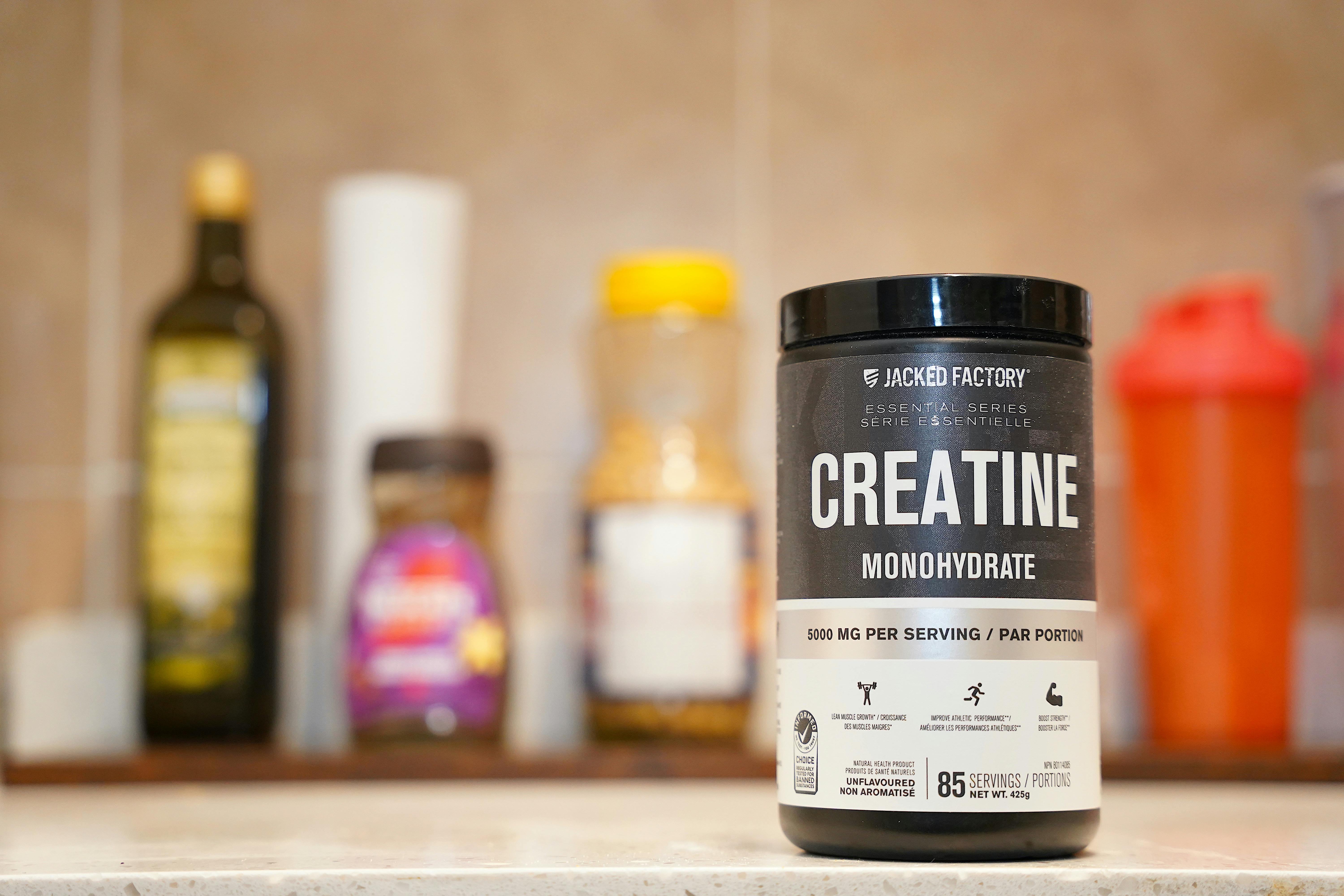


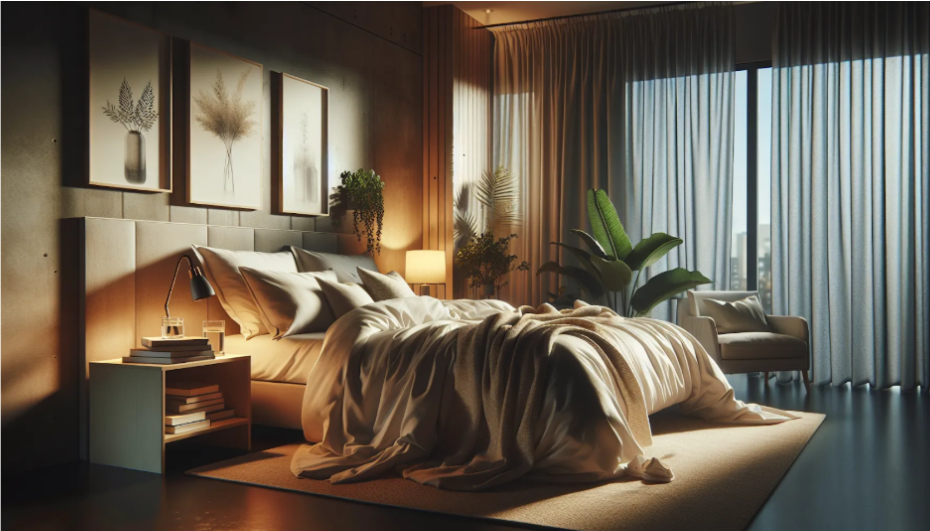

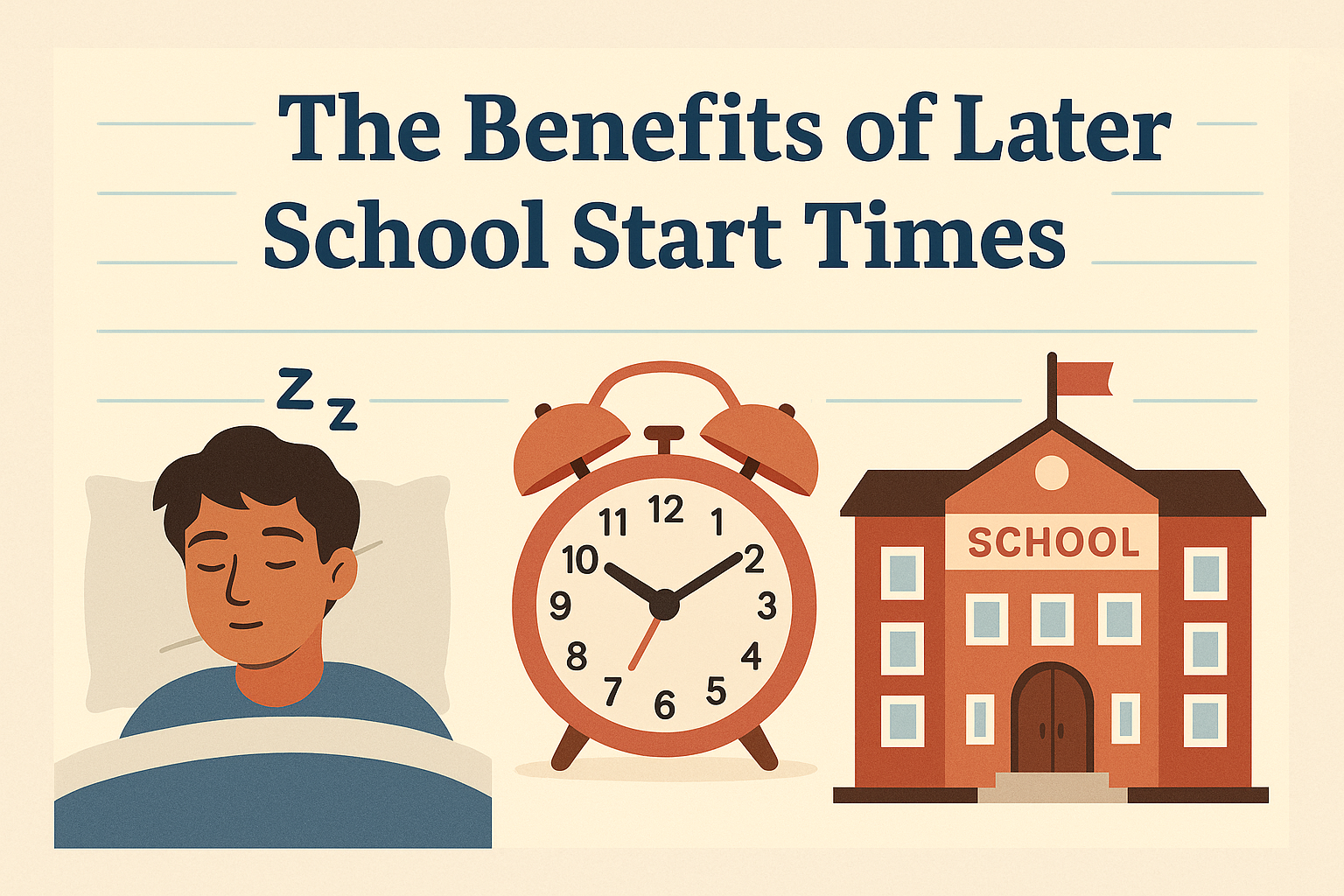

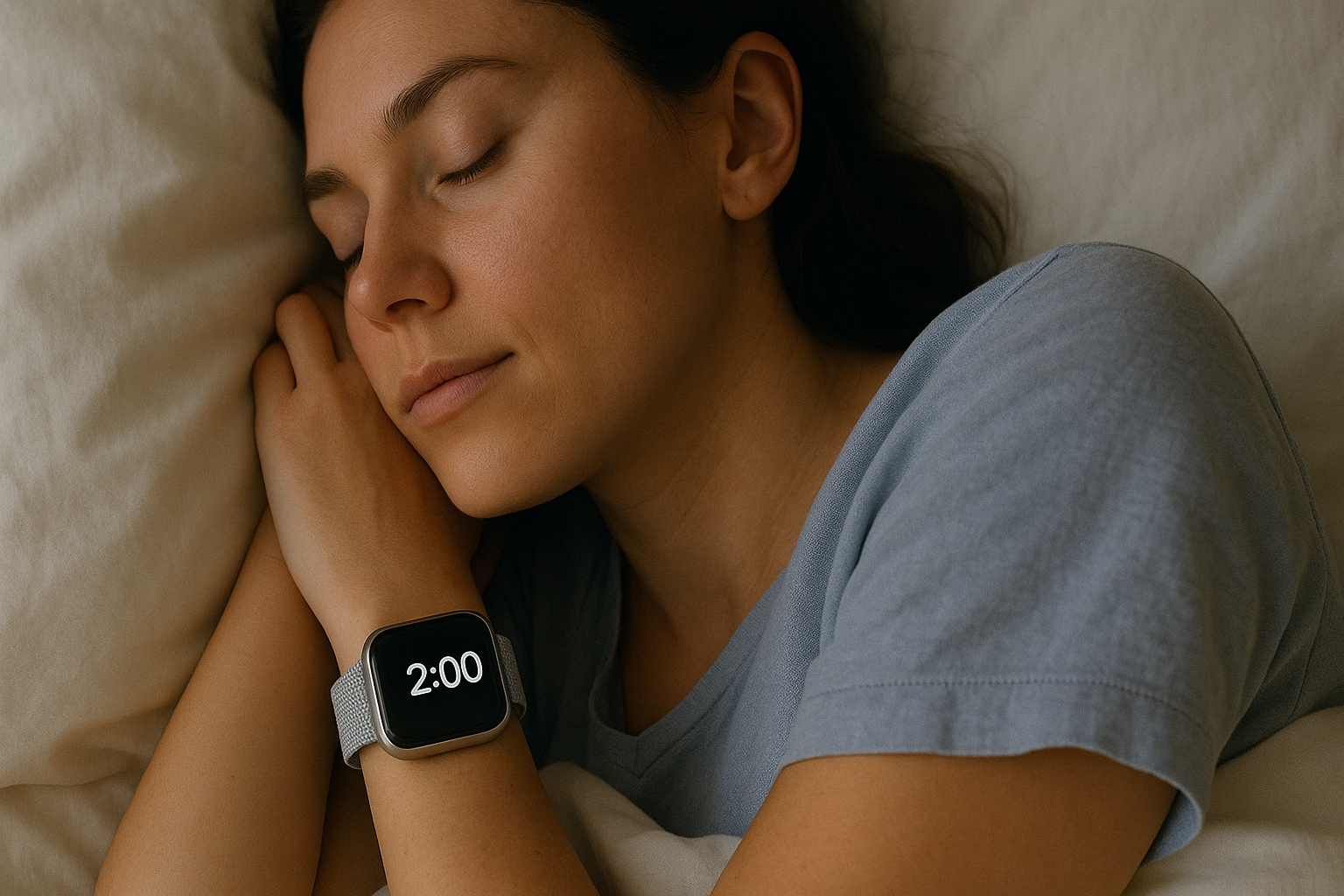


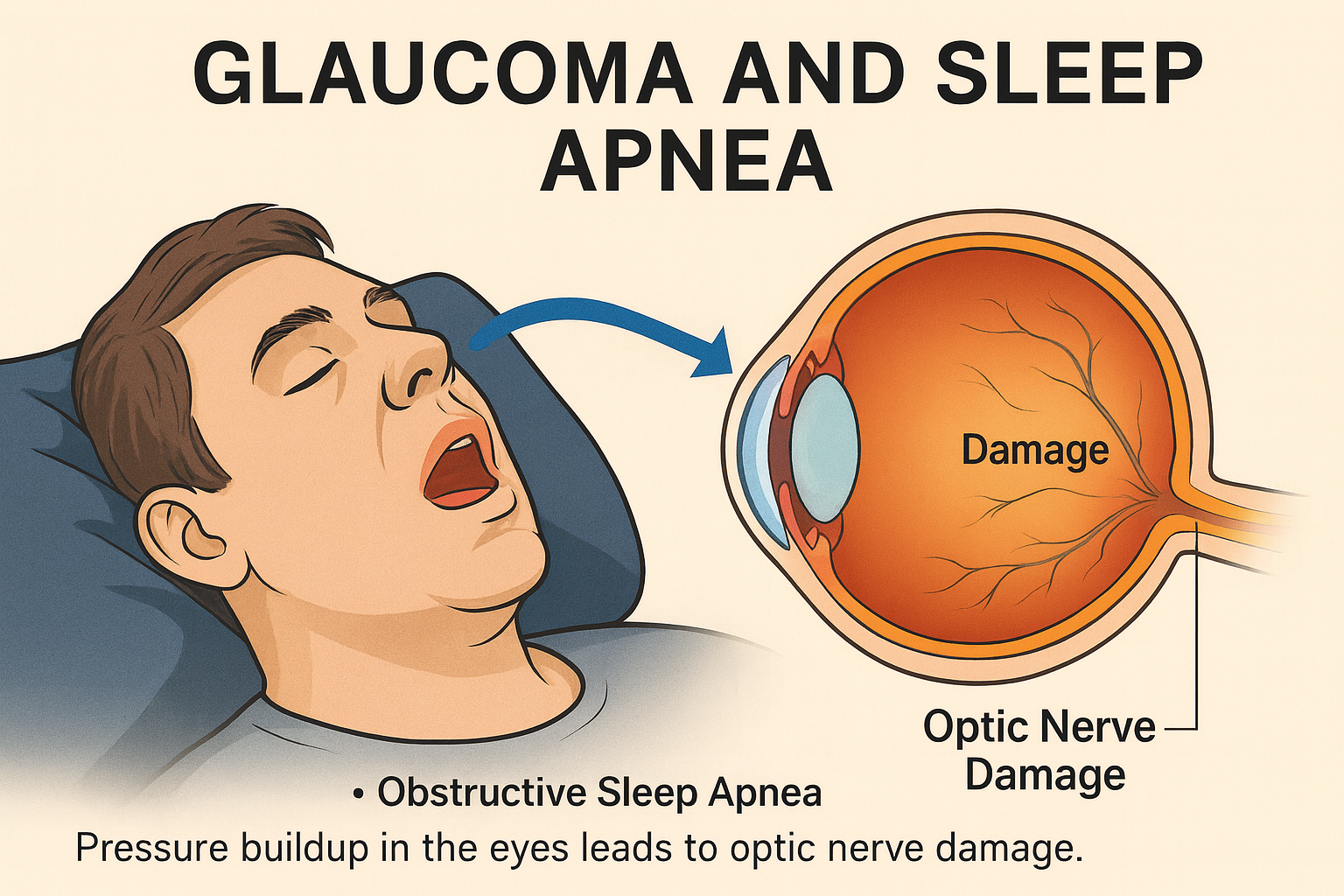
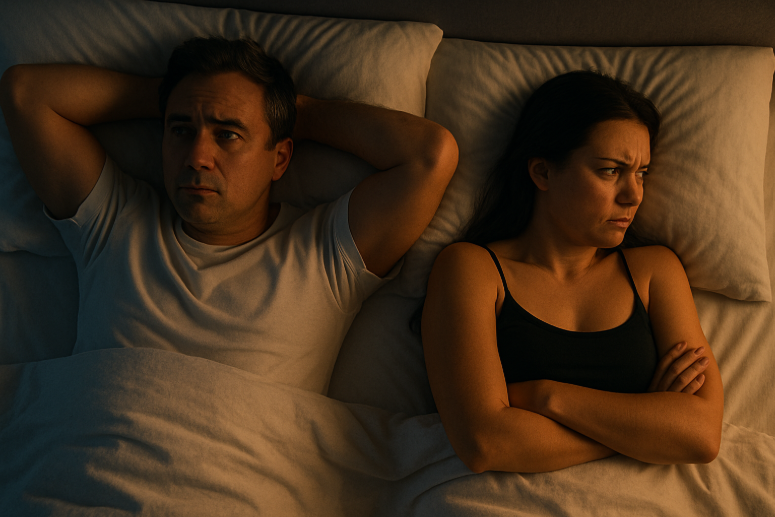
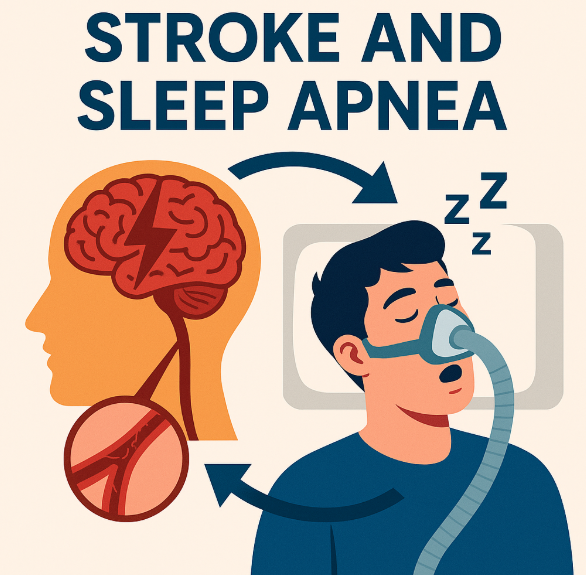
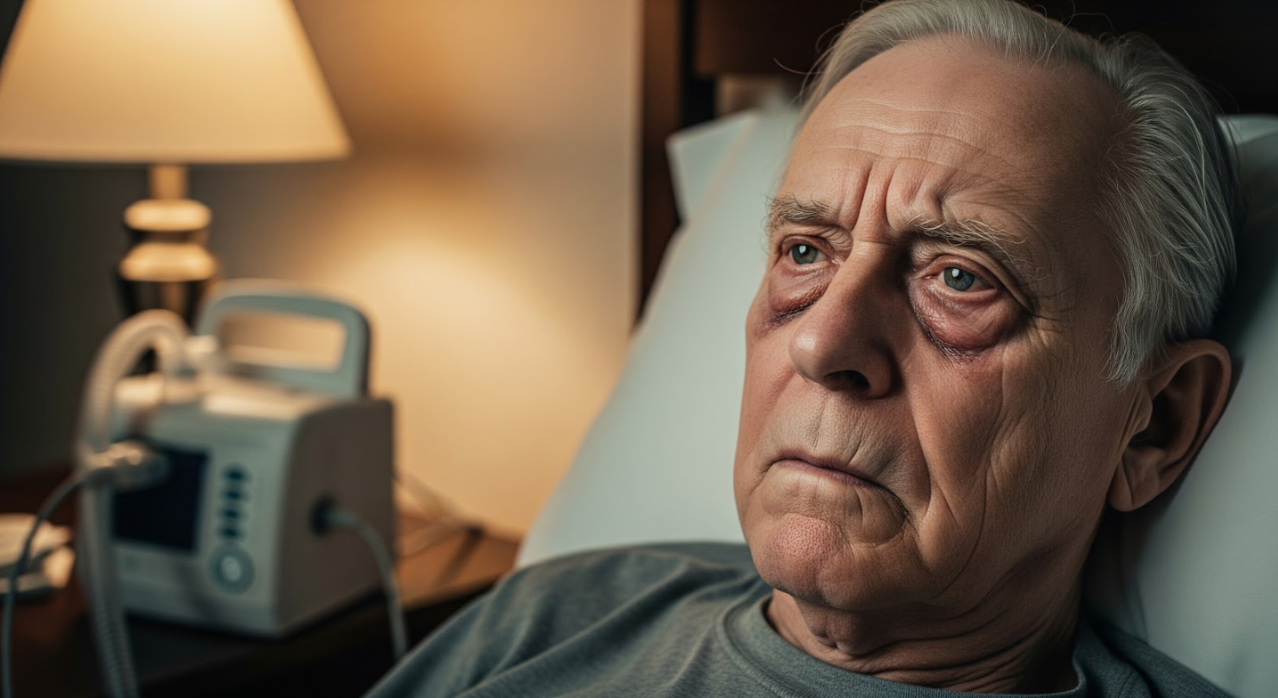
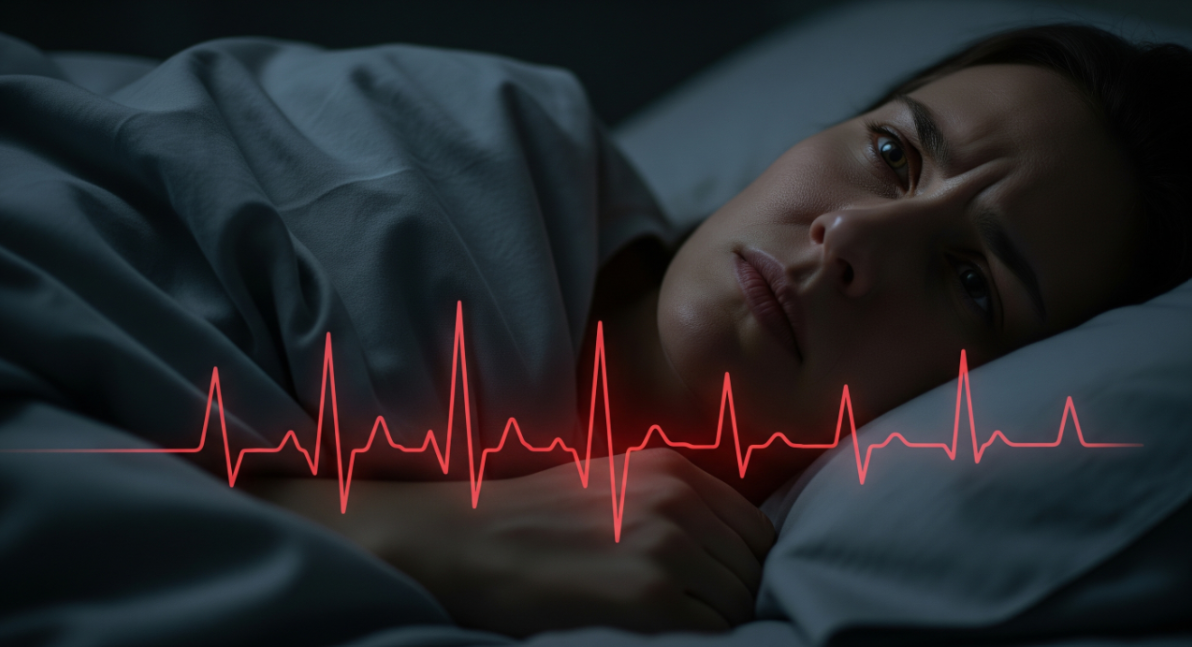






























































%20thumbnail.jpg)
.png)